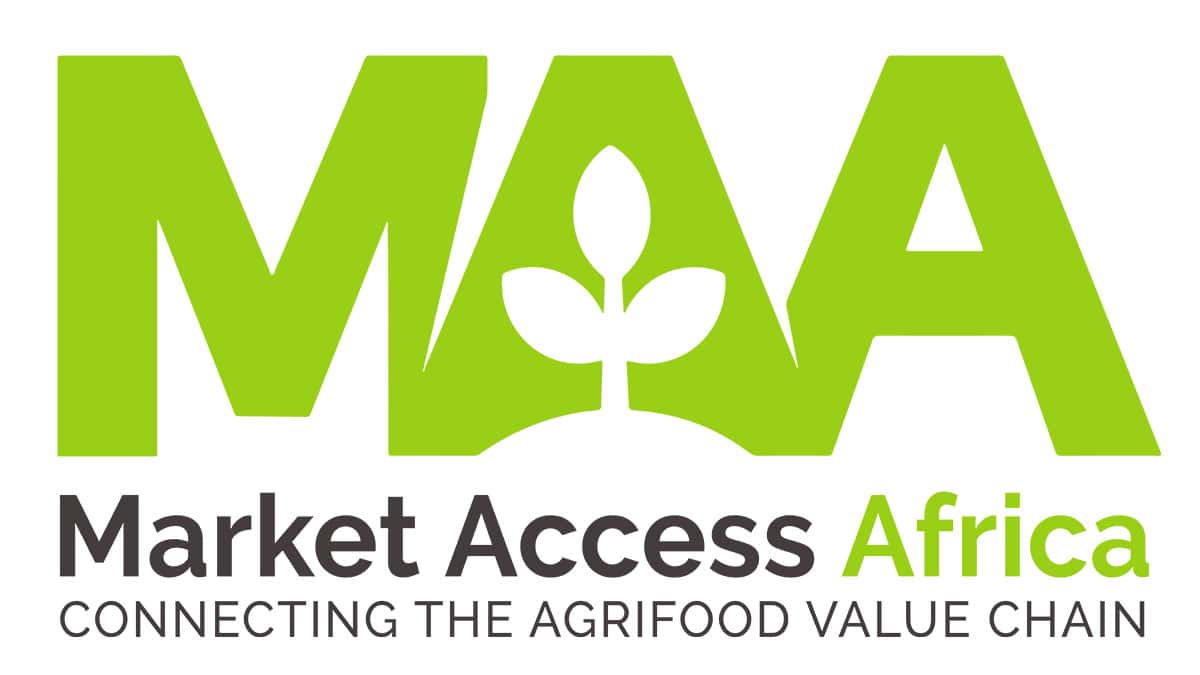PROMOTION A Taste of Canada for Discerning African Consumers Vins et…

AfCFTA’s Role in Cultivating Food Security and Trade
The African Continental Free Trade Area (AfCFTA) Agreement is promising to stimulate economic growth and enhance food security in Africa. However, this ambitious trade agreement also presents challenges and opportunities that need to be navigated carefully.
Impact on Farmers and Local Industries
Some stakeholders express concern that AfCFTA might disadvantage local farmers and industries by exposing them to fierce competition from more established players within the continent. The key to mitigating these fears lies in targeted support and capacity building for small-scale farmers, ensuring they can compete effectively in the broader market. Investment in agricultural technology, training, and infrastructure can empower local farmers, enhancing their productivity and market access. For instance, initiatives like the Comprehensive Africa Agriculture Development Programme (CAADP) provide a framework for such support.
Informal Cross-Border Trade
Informal trade is a lifeline for many African economies, contributing significantly to food security. Yet, it faces challenges such as lack of formal recognition, which leads to inefficiencies and vulnerabilities. Policies under AfCFTA should aim to formalise these trades through simplified customs procedures and supportive regulations, enhancing transparency and efficiency. The agreement could take cues from the success of border markets in East Africa, where informal traders have been integrated into the formal economy through supportive trade policies and infrastructure.
Challenges for SMMEs
Small, micro, and medium enterprises (SMMEs) are the backbone of Africa’s agricultural sector but often struggle with cross-border trade due to regulatory hurdles, limited access to finance, and lack of market information. Digital solutions like mobile trading platforms and digital payments can significantly alleviate these challenges by improving market access and financial inclusion. The success of platforms such as M-Pesa in Kenya demonstrates the potential of digital solutions to transform agricultural trade for SMMEs.
Tariff Liberalisation and Sensitive Products
AfCFTA’s commitment to eliminating tariffs on 90% of goods is a significant step toward liberalizing trade. However, the treatment of sensitive products and those on the exclusion list warrants careful consideration to avoid undermining food security. Ensuring that key food commodities remain accessible and affordable is crucial. A phased approach to tariff reduction for sensitive products, coupled with measures to enhance local production capacity, can help mitigate potential negative impacts.
Minimising Disruptions from International Trade
The COVID-19 pandemic highlighted the vulnerabilities of African countries to global trade disruptions. AfCFTA can play a vital role in enhancing the resilience of food supply chains by promoting regional self-sufficiency and diversifying trade partners. Implementing regional policies that facilitate the smooth flow of goods, even in times of crisis, can help safeguard food security. The agreement could establish mechanisms for crisis response and supply chain support, similar to the European Union’s Solidarity Lanes initiative during the pandemic.



